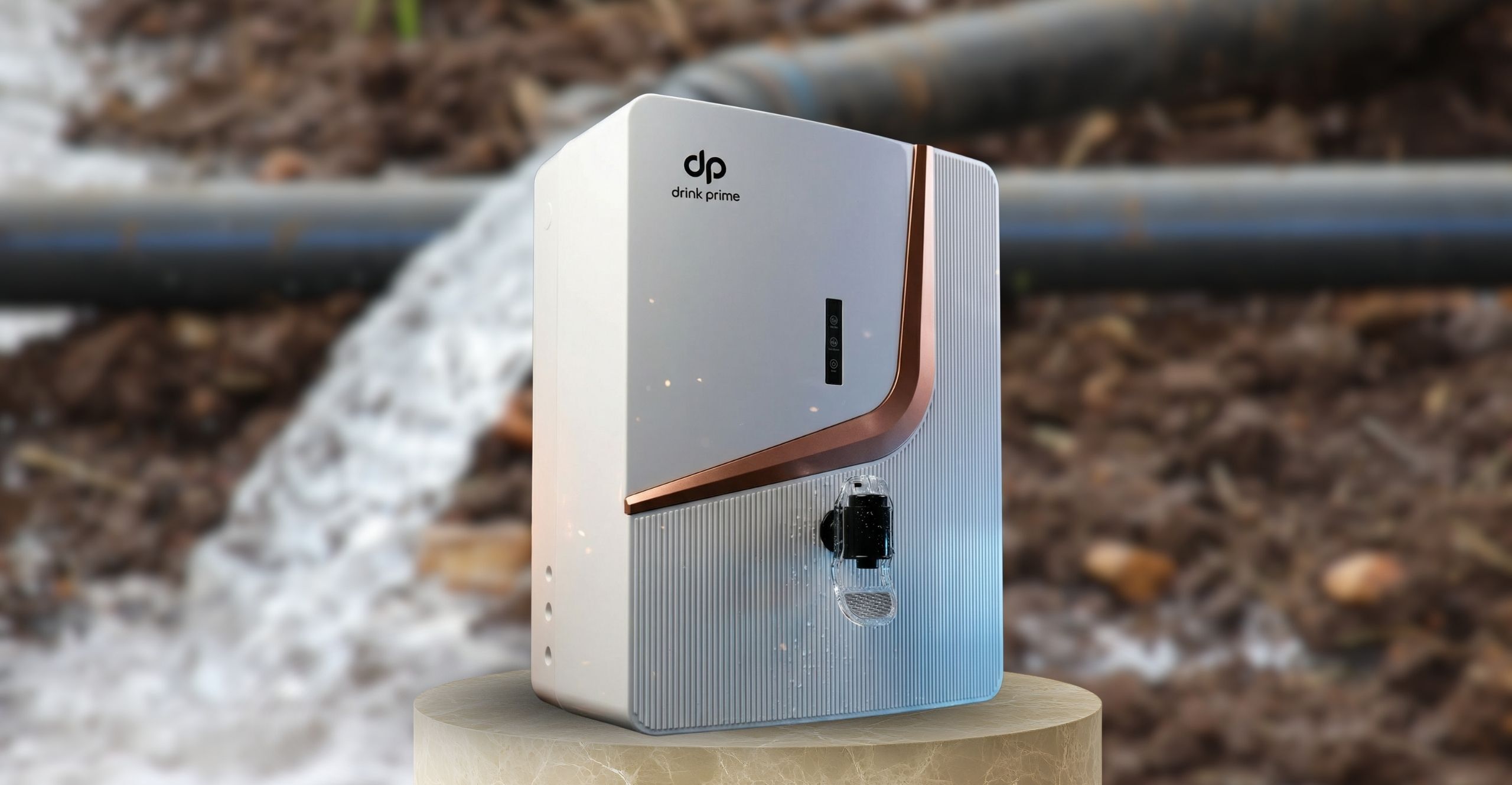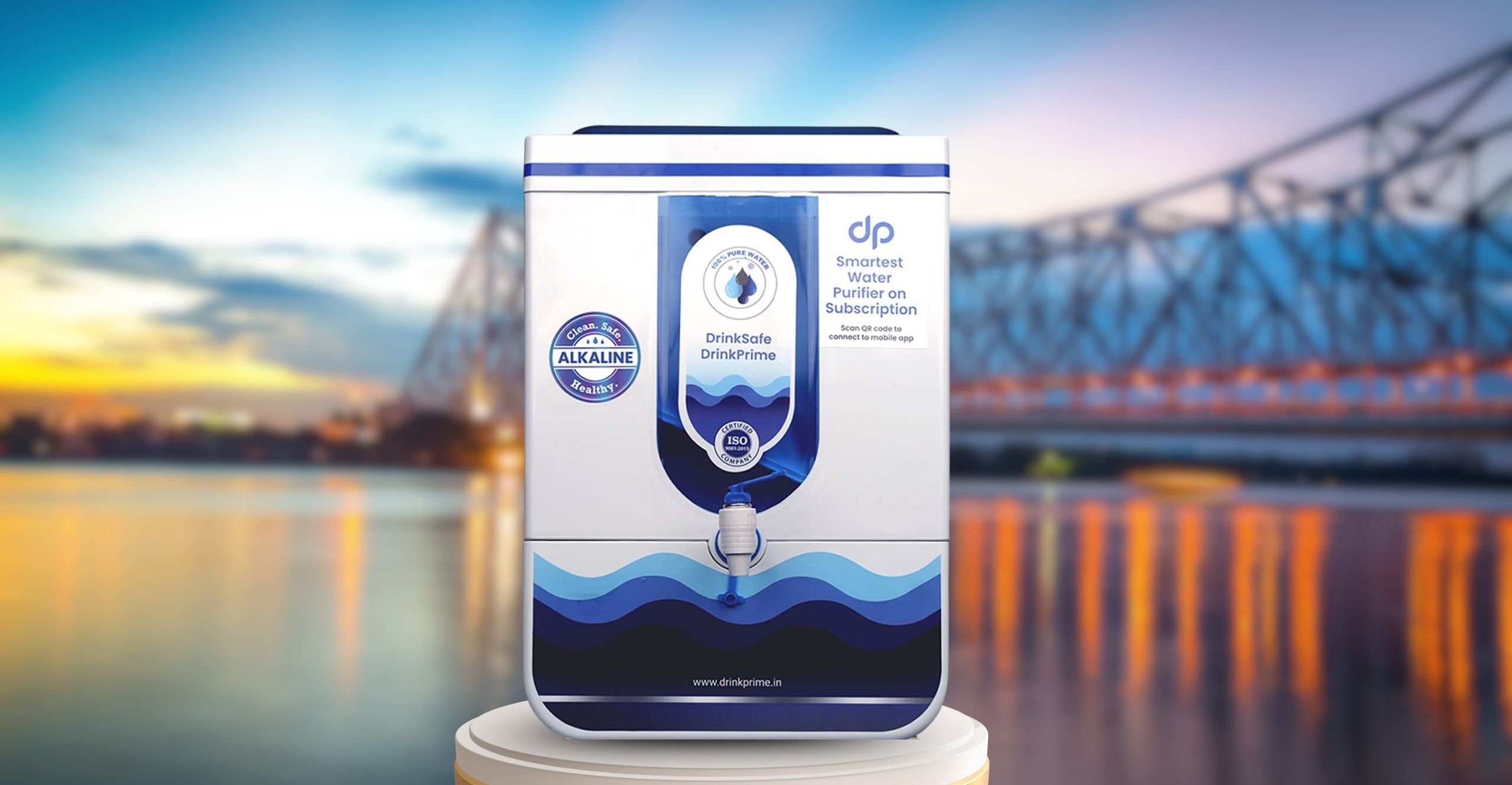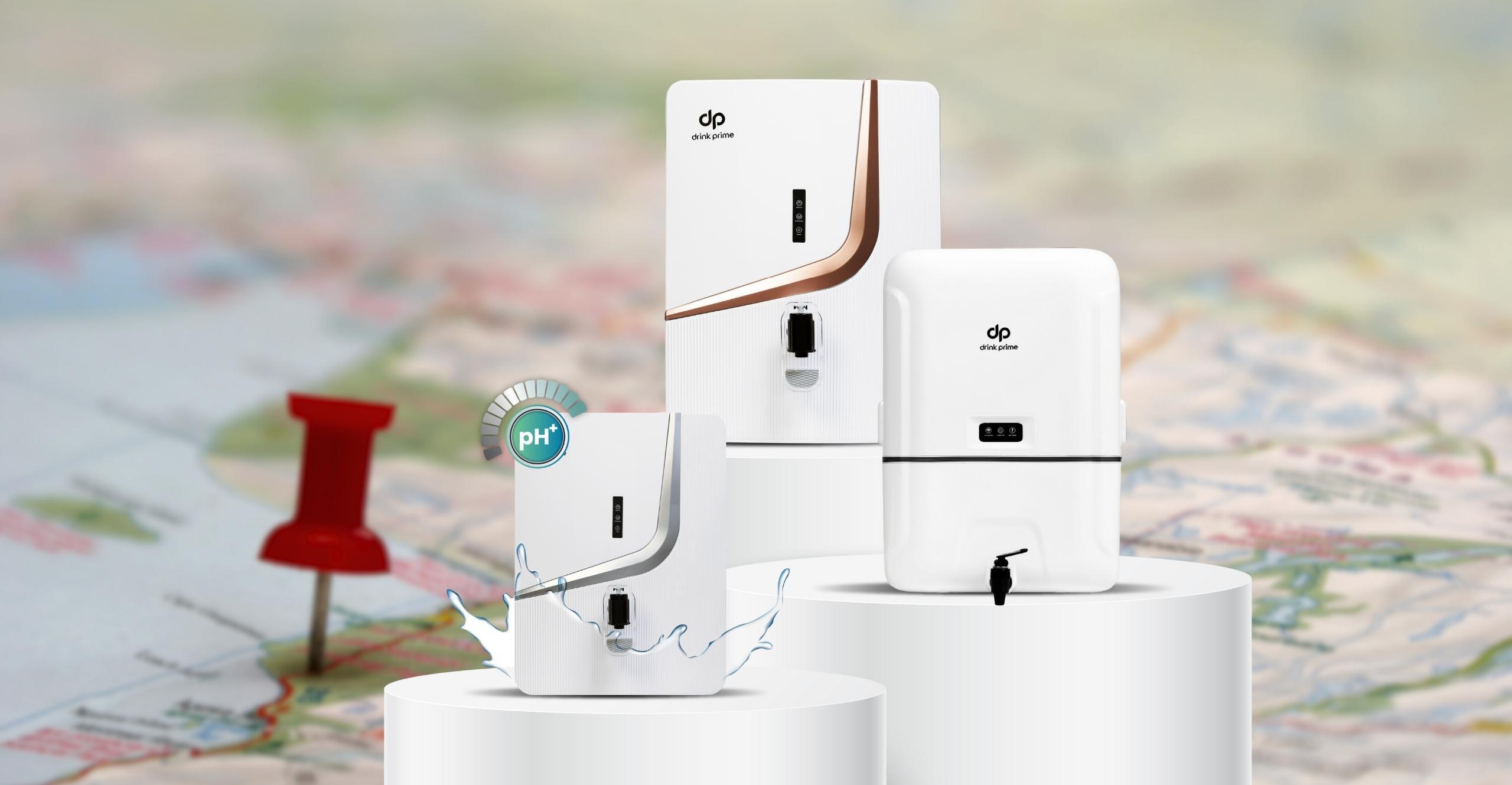A handy list on how to save water every day, by taking easy, doable steps.
No geography syllabus is complete without the fact that although 71 % of the surface of the earth is covered with water, only around 3% of that is fresh water. The amount accessible for usage is only a paltry 1%. Even though this shocking fact is learned by every school child, we behave as though fresh water is an infinite resource that is at our disposal. Nothing can be further away from the truth. We need water to produce anything from food to the clothes on our backs.
India is one of the most water-starved places in the world, with a skewed ratio between the huge population and limited access to freshwater resources. The question of how to save water should be the shared responsibility of every law-abiding citizen and as cliche as it sounds, it does start with you. Here we discuss some simple and effortless ways to save water in your day-to-day life.
How can you conserve water in your everyday life?
It has been said that every great revolution starts at home. This is true in the case of water conservation too. Home is one of the places where the maximum amount of water usage happens. Apart from drinking and cooking, water is used for a myriad of everyday functions like bathing, cleaning, watering plants etc. Even if your current water supply at home is abundant, remember that water shortage is as much a reality as climate change, maybe even more so.
Being mindful about your water consumption, along with taking small steps to reduce water wastage, will go a long way in helping to conserve this precious resource for future generations. Here are some easy-to-follow tips on how to save water in daily life.
20 simple ways to save water every day.
The answer to the question of how to save water at home can be found most often in the bathrooms, kitchens and gardens. By consciously taking small mindful steps, you can reduce water wastage to a large extent.
1. Be cognizant of your shower time
Although a long warm shower at the end of a tiring day sounds tempting, it is one of the biggest causes of water wastage. Taking a quick shower instead of mindlessly standing under the running water, will ensure that you save your time as well as liters of precious water. Even better, switch to the traditional bucket and mug bath, at least a few times a week.
2. Maintain Faucet discipline
Letting your faucet run while brushing your teeth, doing your dishes, or even washing vegetables, is something you might be doing without a second thought. Being consistent and disciplined about turning off the faucet while doing daily activities is one of the best ways to save water.
3. Invest in a faucet aerator
Fixing an aerator in your bathroom taps will ensure that you get a steady flow of water while bringing down the overall water usage. This is because an aerator adds air to the water flow. They are easy to install, cheap and can save almost eighty percent of water than faucets without aerators.
4. Fix your leaks
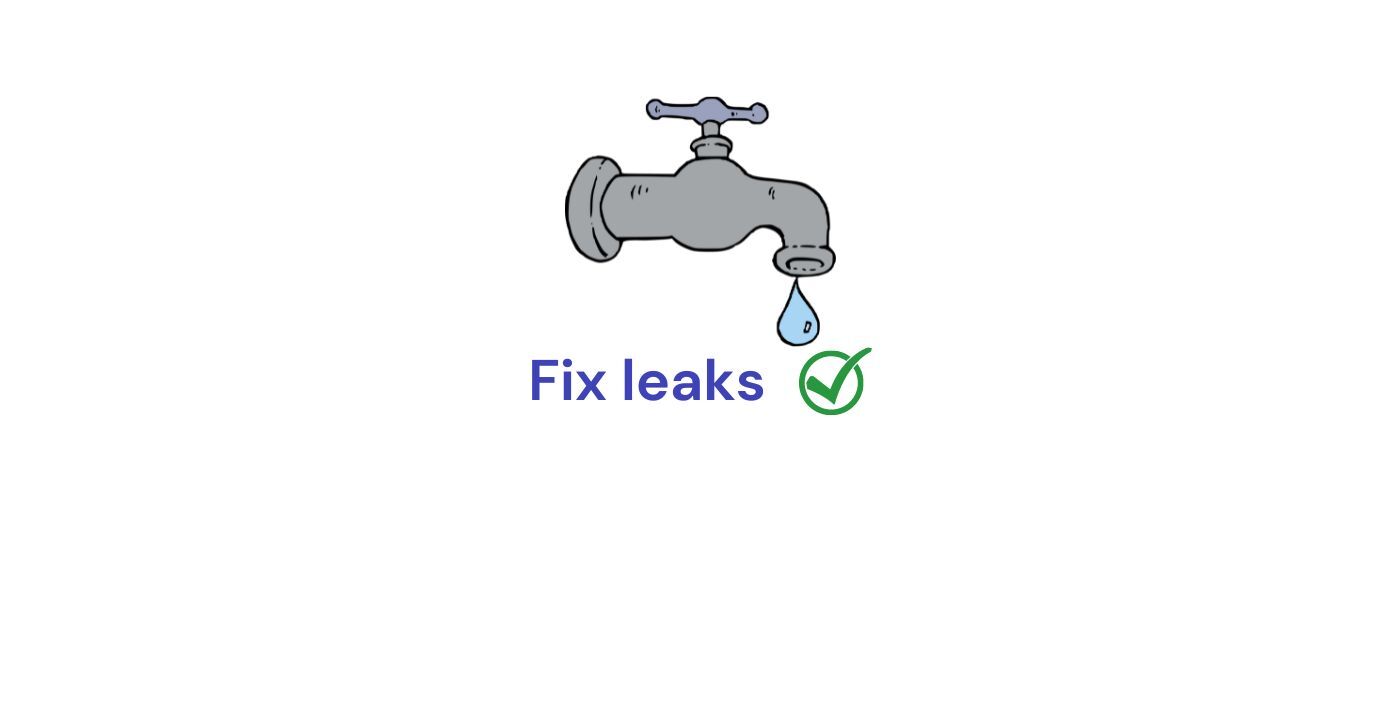
This might sound banal, but the truth is that leaks are a major source of water wastage. Check your pipes consistently to ensure that you are aware of possible leaks. Get your leaks repaired as soon as possible. This will not only save water but also ensure that your expensive fittings and walls are not damaged.
5. Consider a low flush or dual flush for your toilets
A low flush toilet cuts water consumption to a larger extent that a traditional toilet. If you are on a budget, consider installing a dual flush converter in your existing toilet. This allows you to choose less water to flush liquid waste and a higher quantity to flush solid waste, by choosing the appropriate button.
6. Wash dishes with consideration
Instead of leaving the water running while washing dishes by hand, fill up the sink or fill a huge tub and use it for rinsing water. Train your house help to do the same. If you are using a dishwasher, ensure that it is filled to its maximum capacity. This will help you avoid multiple cycles and save water in the process while addressing the how to save water issue.
7. Water your plants on a need basis
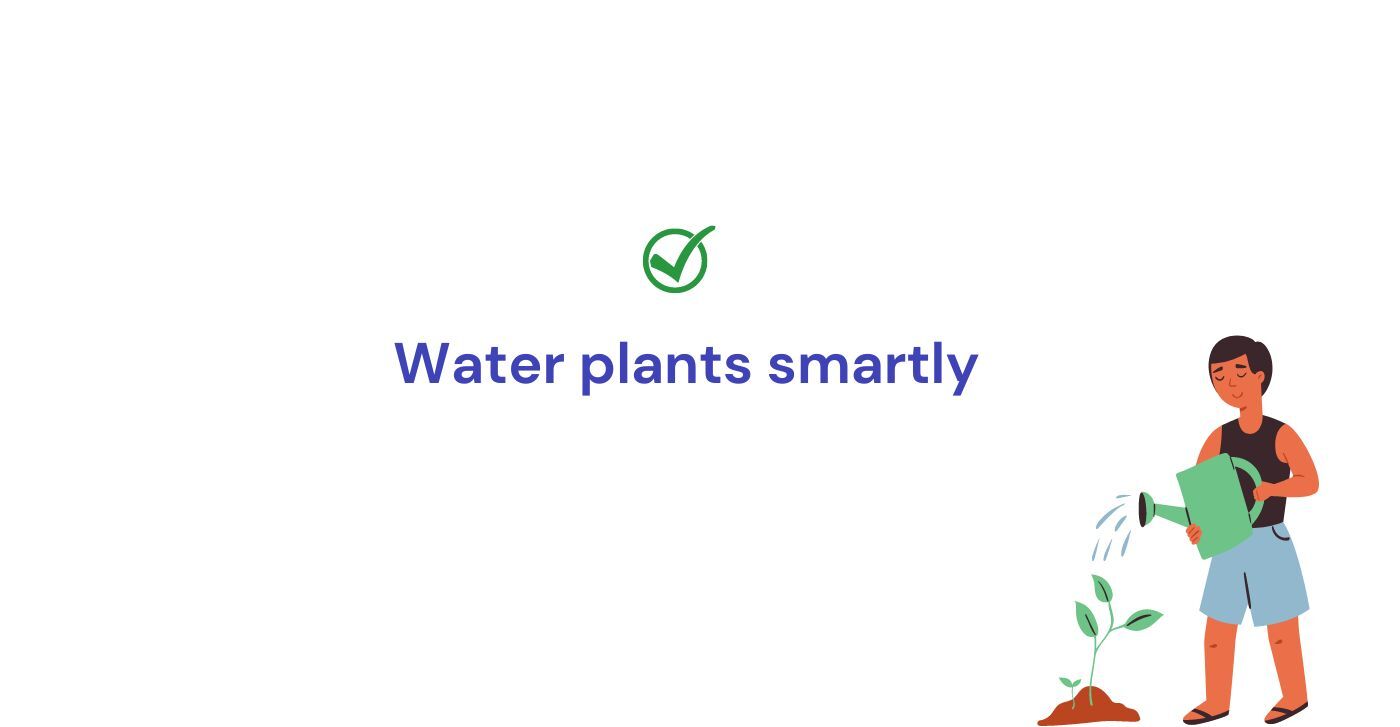
Check your plants before you water them out of habit, especially during the rainy season. Sometimes you may be overwatering plants which may cause nutrient loss as well as water wastage. So, check the soil before you water. This is an effective way to tackle the question of how to save water at home.
8. Switch to hand watering
Watering with a water hose may be more convenient, especially if you have a large garden. Watering with a hose has been shown to consume huge quantities of water, which could otherwise be saved by hand watering. So, start with small changes, like watering a section of your garden by hand or switching to hand watering every alternate day. Your plants will also thank you for it, as there are lesser chances of fungal disease in plants, which are hand-watered.
9. Time your plant watering smartly
Watering plants in the morning is more effective to reduce water wastage. This is because there is less water evaporation in the morning, as compared to during the daytime when the sun is at its peak. This causes the plants to need more water, as they lose a lot of water to evaporation.
10. Plant drought-tolerant plants
Balancing your garden with drought-tolerant plants will ensure that your water consumption stays within desirable limits. So, go ahead and plant some bougainvillea, lantana, oleander etc. Enjoy your garden in full bloom, while effectively conserving water, as these plants are less water-demanding.
11. Clean open spaces mindfully
While using a high-pressure hose to wash down patios and driveways is convenient, it leads to a tremendous amount of water wastage. Using a bucket of water with a mug and broom is one of the most effective ways to reduce the large amount of water being wasted.
12. Wash your car efficiently
A full-scale car wash is an expensive affair, as far as water wastage is concerned. A microfiber cloth, cleaning solution and a bucket of water are all that you need, to get a shiny sparkling vehicle. Limit your car wash to occasions when it’s dirty or consider using a bucket wash if you need to clean it frequently. This will ensure that you are doing your part to address the question of how to save water in daily life.
13. Invest in an efficient washing machine
Investing in the latest model washing machine will ensure that your per-cycle water consumption is reduced to a great extent. A bonus is the energy or electricity you save in the process and the satisfaction of having contributed to the matter of how to save water at home.
14. Do complete loads
Ensure that you switch on the washing machine, only if it’s filled to its maximum capacity. Delay washing till you have a full load. This will not only save water but also electricity and your efforts.
15. Consider rainwater harvesting
This is one of the most efficient ways to save water. The water thus collected can be used for a plethora of non-drinking purposes. If you live in a community, it may be a good idea to pool your resources and invest in a rainwater harvesting system. This can have a tremendous impact on your water consumption levels as a community.
16. Steam instead of boiling
From a health perspective, steaming your vegetables is considered a better option than boiling in water, to prevent nutrient loss. This step can also help to answer the question of how to save water in daily life since the water in which the vegetables are boiled is usually thrown off. If you need to boil your vegetables, ensure that you reuse this water for gravies and soups or you can even use it to water plants after it cools down.
17. Don’t use the toilet to throw garbage
Be prudent and use the toilet for its intended use. Refrain from flushing down tissue or other garbage. By disposing of garbage in toilets, not only do you unnecessarily waste water, but you also run the risk of blocking up your pipes leading to clogged drains.
18. Insulate your pipes
If you live in a region that has harsh colder months, consider insulating your pipes. Insulation will ensure that you have access to hot water faster. This will prevent unnecessary water wastage, while you wait for the water to turn hot.
19. Discourage children from wasting water
From a very young age, teach your children the importance of water conservation and how to save water. Let them be aware of how precious resource water is and that they are privileged to have access to clean running water. This will ensure that they are mindful of their water consumption and wastage. Discourage games that involve water, like playing under a hose or sprinkler as it causes tremendous loss of a resource that is fast depleting.
20. Educate employees
At work too, you can educate fellow employees on the need to save water. The office can come up with innovative ideas like a reward system, which will motivate and encourage employees to save water.
In public places too, you can do your part to save water by carrying your own water bottle instead of purchasing water, reporting leaks whenever you come across one, using the shower at the gym or the pool mindfully etc.
Get 7 Days Risk Free Trial
Conclusion
Conserving and preserving water is the need of the hour. It has far-reaching environmental and economic advantages. Due to the ever-increasing demand for freshwater, we are putting a heavy strain on groundwater levels, which are depleting at an alarming rate.
Finding ways to save water resources is crucial for the survival of human beings and other species on this planet. Water conservation can become a reality only if each of us does our part prudently. Let us leave behind a habitable planet for future generations, by doing our bit to save water.
FAQs
How to make save water usable in our daily life?
To make saved water usable in daily life, collect rainwater for cleaning, reuse water from washing vegetables or fruits for plants, and ensure water-efficient practices like fixing leaks, using water-saving appliances, and turning off taps when not in use to prevent wastage. DrinkPrime water-wellness experts can explain how can we save water.
How much water can we save per day?
You can save up to 100-150 liters of water per day by adopting simple water-saving practices. This includes turning off taps while brushing, using a bucket for washing, fixing leaks, using water-efficient appliances, and collecting rainwater. Every small change contributes to a significant way of conserving water.
Why do we need to conserve water?
We need to conserve water because it's a finite resource, crucial for survival. With increasing demand and climate change, water sources are depleting. Conserving water ensures its availability for future generations, supports ecosystems, and helps maintain a balanced environment.


